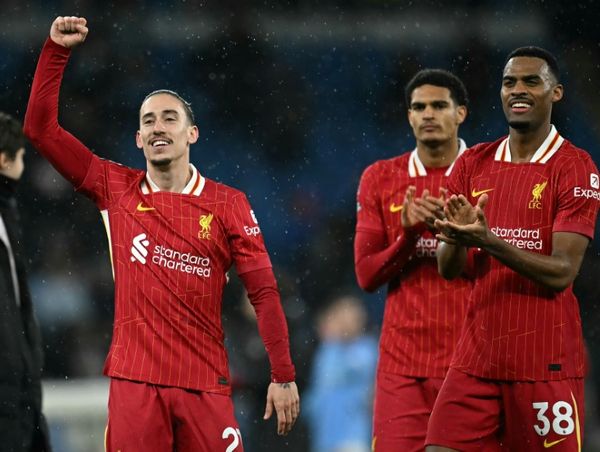America appears to be resetting its priorities when it comes to health care as inflation and talk of a recession loom larger on voters' minds.
Driving the news: A shrinking percentage of Americans across the ideological spectrum view abortion as a top priority heading into 2023, according to a new poll from the Associated Press-NORC Center for Public Affairs Research.
- Independents are the only group that still views health care reform as a top-five issue.
By the numbers: The nationwide poll of 1,124 adults conducted Dec. 1–5 asked what the government should work on in 2023 and found only 11% considered abortion to be a top priority, down from 16% in June.
- 18% of Democrats said they considered abortion a priority, down from 23% in June, while just 5% of Republicans did, compared to 9% in June.
- 17% of Americans said they considered health care reform a priority, which is higher than the 6% who thought so in June, but down from 18% in December 2o21.
- Only 5% thought COVID-19 should be a priority, which is hardly changed from June and sharply lower than the 33% who thought so at the same time in December 2021.
Yes, but: 37% put personal financial issues as a pressing matter for 2023, with both Republicans and Democrats responding similarly.
- 16% called crime and violence as a top priority, up from 11% in June and 10% in December 2021.
The big picture: The reordering of the public's priorities comes after two-and-a-half years of pandemic tumult — and arguably the most consequential burst of health care legislation since the passage of the Affordable Care Act.
- With a divided Congress, there will be more partisan fights over government funding, the likelihood of a government shutdown in the fall — and regulatory efforts by the Biden administration to further its drug pricing agenda and make changes to Medicare Advantage.
Between the lines: The Republican-led House will focus on investigations into the Biden administration's COVID-19 response.
- Democrats could use their narrow Senate majority to seek to address mental health legislation and expand telehealth policies. They've also signaled plans to build off Inflation Reduction Act wins. For instance, Sen. Raphael Warnock said he's pushing for expanding a Medicare cap on out-of-pocket costs for insulin to the privately insured, Politico reported.
- Both parties have signaled an interest in addressing the nursing shortage
What we're watching: The most consequential health system reforms could come from the unwinding of the COVID public health emergency and the shift of vaccines and treatments to the private market.
- Biden antitrust officials, with some in Congress, also are taking a harder look at anticompetitive behavior in health markets, including hospitals.







